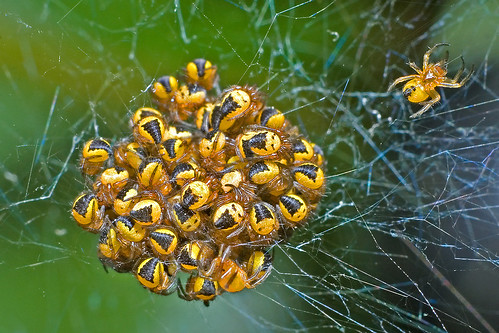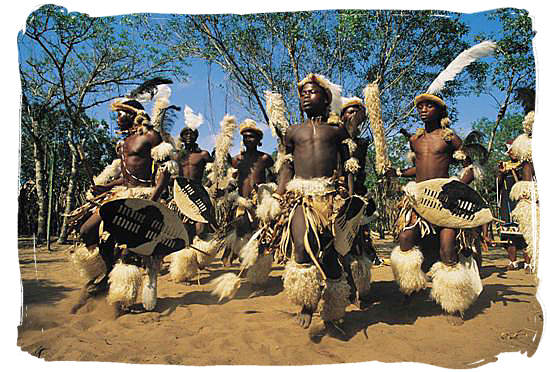 Fallout from the 2010 Nowak, Tarnita and Wilson kin selection meltdown continues to rain down. Earlier this year we had this (from Wilson and Nowak):
Fallout from the 2010 Nowak, Tarnita and Wilson kin selection meltdown continues to rain down. Earlier this year we had this (from Wilson and Nowak):
Inadequacy of Inclusive Fitness and BeyondThe evolution of social insects often is presented as a testing ground for inclusive fitness theory. It has been claimed that inclusive fitness can explain sex allocation, worker policing, conflict resolution, and evolution of eusociality (14), but precise calculations of inclusive fitness do not exist for any of these phenomena. Relatedness-based arguments, such as the monogamy window hypothesis, are not necessarily wrong but rarely provide a complete picture; moreover, one cannot rely on inclusive fitness to determine when they are correct. The failure of inclusive fitness theory to provide exact calculations is not surprising, because a mathematically meaningful approach to inclusive fitness (72) cannot be performed for the majority of evolutionary processes (5), and the linear regression method (73⇓–75) does not provide meaningful insights and cannot make empirical predictions (76). In general it is not possible to study social evolution from the perspective of an individual by evoking the virtual quantity of inclusive fitness. Instead we should focus on how natural selection acts on alleles that modify social behavior. On the level of genes or alleles, there is no inclusive fitness: Mathematical descriptions of the evolutionary dynamics of genetic mutations do not require a partition of fitness effects (which usually is impossible anyway) or any other aspect of inclusive fitness theory.
These folk have a bee in their bonnett. I - and many other scientists - think it is a stupid one. For homework, I think these authors should write an article explaining - at undergraduate level - why kin selection has been as successful as it has been - including when and why it is useful. At the moment, it doesn't look as though they are clear on these topics. The Price equation can't be used to make empirical predictions? It might be funny if it wasn't so silly and sad. If you don't have a sympathetic understanding of a topic, you are often in a poor position to criticise it. You wind up attacking straw men of your own making.
IMO, probably the main lesson here for other scientists is the value of humility in science. If you are overconfident, nail your flag to the mast and then dig in then it is easy to wind up making a fool out of yourself.
 The last decade has seen a bit of a shake out in the domain of kin selection and
group selection.
The last decade has seen a bit of a shake out in the domain of kin selection and
group selection. Here's an interesting new paper:
Here's an interesting new paper:  There's a lot of discussion of kin selection using the term "identical by descent" and "identical by state". The idea
of "identical by descent" is that genes are shared as a result of direct descent from a common ancestor - without recombination or mutation. "Identical by state" just means that the DNA sequence is shared. It is said that 50% of their genes with their daughters "IBD".
There's a lot of discussion of kin selection using the term "identical by descent" and "identical by state". The idea
of "identical by descent" is that genes are shared as a result of direct descent from a common ancestor - without recombination or mutation. "Identical by state" just means that the DNA sequence is shared. It is said that 50% of their genes with their daughters "IBD". I briefly analyzed the paper:
I briefly analyzed the paper:
 Here's Steven Frank
Here's Steven Frank  The popular presentation of the kin selection vs group selection affair still seems to be very confused. For example, consider the coverage of a recent study by some group selection advocates: "
The popular presentation of the kin selection vs group selection affair still seems to be very confused. For example, consider the coverage of a recent study by some group selection advocates: " Group selection lost out to kin selection in the 1960s and 1970s as
an explanation for cooperative behaviour. Group selection went on to
lead an underground existence - in which a few remaining proponents
sought out ways to find things which group selection explained which
kin selection did not.
Group selection lost out to kin selection in the 1960s and 1970s as
an explanation for cooperative behaviour. Group selection went on to
lead an underground existence - in which a few remaining proponents
sought out ways to find things which group selection explained which
kin selection did not. This article will claim that "multi-level selection" and "group selection" should not be understood as being synonyms.
This article will claim that "multi-level selection" and "group selection" should not be understood as being synonyms. Most
evolutionary biologists got over group selection back in the 1970s.
However, there's one area of biology where it is particularly prominent:
the social social sciences. There's particular enthusiasm for cultural
group selection - as though cultural evolution plays by different rules
in this area.
Most
evolutionary biologists got over group selection back in the 1970s.
However, there's one area of biology where it is particularly prominent:
the social social sciences. There's particular enthusiasm for cultural
group selection - as though cultural evolution plays by different rules
in this area. If you ask a student of kin selection about the most obvious aspects of the human phenotype
that have been influenced by kin selection and are coded for in human DNA, I think you would generally get back a list looking something like this:
If you ask a student of kin selection about the most obvious aspects of the human phenotype
that have been influenced by kin selection and are coded for in human DNA, I think you would generally get back a list looking something like this: Charles Goodnight has been explaining why he doesn't like kin selection recently,
in a string of articles - most notably
Charles Goodnight has been explaining why he doesn't like kin selection recently,
in a string of articles - most notably  Recently Martin Nowak - in
Recently Martin Nowak - in
 There have been a few attempts to explain the persistence of the clash
between kin selection and group selection enthusiasts, beyond the
recognition of
There have been a few attempts to explain the persistence of the clash
between kin selection and group selection enthusiasts, beyond the
recognition of  There were prior murmurings, but 1964 marked kin selection's initial publication in a number of respects. Now it's 2014 - it's kin selection's 50th birthday.
There were prior murmurings, but 1964 marked kin selection's initial publication in a number of respects. Now it's 2014 - it's kin selection's 50th birthday. The 2014 annual question at
The 2014 annual question at